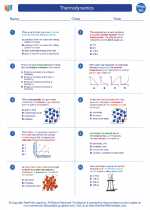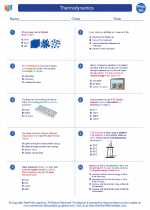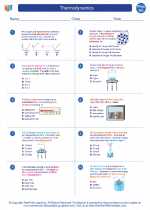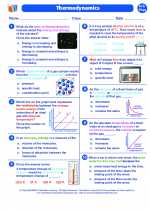Soil
Soil is a complex, dynamic, and vital natural resource that supports the growth of plants and is essential for the survival of all living organisms. It is a mixture of organic matter, minerals, gases, liquids, and countless organisms that together support life on Earth.
Composition of Soil
Soil is composed of mineral particles, organic matter, water, and air. The mineral particles are classified based on their size into sand, silt, and clay. The relative proportions of these particles determine the soil's texture.
Formation of Soil
Soil is formed through the weathering of rocks, organic matter decomposition, and the activity of living organisms. The process of soil formation, known as pedogenesis, involves physical, chemical, and biological processes that transform parent material into soil over time.
Functions of Soil
- Supporting plant growth: Soil provides mechanical support, nutrients, and water for plants to grow and thrive.
- Filtering and purifying water: Soil acts as a natural filter, removing pollutants and impurities from water as it percolates through the soil layers.
- Regulating the Earth's climate: Soil plays a role in the carbon and nitrogen cycles, influencing the exchange of gases between the atmosphere and the Earth's surface.
- Habitat for organisms: Soil is home to a diverse array of microorganisms, insects, and other organisms that contribute to nutrient cycling and ecosystem processes.
Soil Conservation
Due to its crucial role in supporting life, it is essential to conserve and protect soil from degradation. Soil conservation practices include erosion control, agroforestry, crop rotation, and the use of cover crops to maintain soil fertility and structure.
Study Guide
- Describe the composition of soil and how it influences soil texture.
- Explain the processes involved in soil formation and the factors that affect soil development.
- Discuss the functions of soil in supporting plant growth, water purification, and climate regulation.
- Identify and explain soil conservation practices and their importance in maintaining soil health and productivity.
Understanding the properties and functions of soil is essential for agricultural practices, environmental conservation, and the sustainability of ecosystems.
[Soil] Related Worksheets and Study Guides:
.◂Physics Worksheets and Study Guides High School. Thermodynamics

 Worksheet/Answer key
Worksheet/Answer key
 Worksheet/Answer key
Worksheet/Answer key
 Worksheet/Answer key
Worksheet/Answer key
